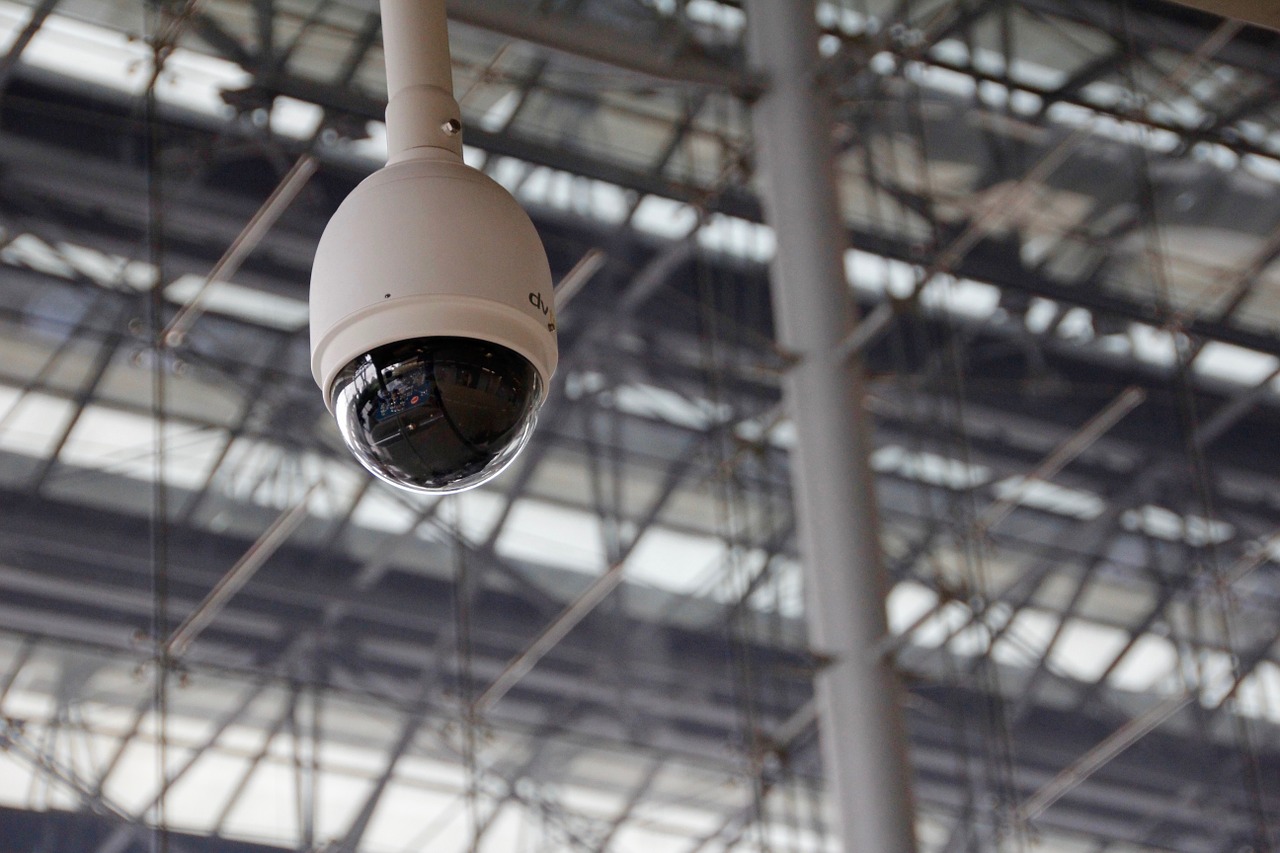Your home is not as secure as you would like to think. Common household items connected to the internet, called Internet of Things (IoT), may be weak points for hackers and large corporations to exploit.
Roomba
Last year, CEO of iRobot, Colin Angle, announced that Roomba vacuums were collecting data on the homes they were in, specifically the locations of walls within the homes. This data is compiled into a floor plan, which would be beneficial information for large corporations, like Amazon, Apple, and Google to use.
iRobot intended to sell the intimate data the vacuums collected, raising concerns surrounding the privacy of your home. The company, then redacted its previous statement to “clarify” the floor plans may be shared with customer approval.
You’re Watching but They’re Listening
Last year, it was exposed that the CIA could listen to conversations through our smartphones, prompting concerns over government intrusion and who else may be able to exploit such a weakness. Have your private conversations within your home or vehicle been collected by any third party? It’s more common than you think.
The vulnerability is so egregious, Samsung released a statement that warned customers about discussing personal information in front of its smart TVs because “that information will be among the data captured and transmitted to a third party through your use of voice recognition.”
If it’s that easy for a company like Samsung to capture sensitive information inside your home, what about skilled hackers? Today, almost everything in our home is connected to the Internet of Things which leaves us vulnerable to hackers and the possibility of identity theft.
The bottom line is there’s really no better time than the present to become a LibertyID member for identity theft restoration protection. LibertyID provides expert, full service, fully managed identity theft restoration to individuals, couples, extended families* and businesses. LibertyID has a 100% success rate in resolving all forms of identity fraud on behalf of our subscribers.
*Extended families – primary individual, their spouse/partner, both sets of parents (including those that have been deceased for up to a year), and all children under the age of 25

